
Hey there! Welcome to Platform Weekly. It’s our final sip of platform engineering juice for the year. Thanks so much for joining us!
This year was insane for PW, we grew by more than 6x and it seems like there is almost no sign of stopping. It seems like 2025 will be no different.
We’ll be there. Every week covering news, best practices, learnings, and lessons from the world’s largest platform engineering community.
What’s hot this week:
- Reflections on 2024
- Don’t miss the last few early bird PlatformCon LDN tickets!
- Speak at PlatformCon?
predictions for 2025

It’s been fascinating to see the platform engineering space mature in 2024. From PlatformCon exploding in size to the first-ever platform engineering certification launch. It’s been an awesome year.
I am extremely fortunate to get the chance to see and work on dozens of platform engineering initiatives and talk to 100s and 100s of people. I also get to see the incredible amount of data that flows through the community.
Taking all of that. These are three trends that I predict will have very interesting developments going into 2025.
- Backstage backlash: more and more enterprises are realizing that Backstage is NOT your platform (and is far from the easy platform win they think it is). It can be a nice UI-based interface to access your platform or visualize things. But you need some sort of platform API to orchestrate your infrastructure and workflows underneath them, and you can’t underestimate the work it takes to set it up and use it properly.
- Developers will lose access to infrastructure: the industry is waking up to the fact that unrestricted access to cloud consoles or the ability to create infrastructure resources with one click via portals has led to inconsistencies and governance challenges. This often leads to a "tragedy of the commons" scenario where individual actions, though well-intentioned, negatively impact organizational efficiency. The top organizations have already made big changes in this area, and most others will follow.
- Successful platform engineering will go Pareto: We’ve seen how good platforms that get adoption all tend to follow the 80/20 Pareto principle. They make sure they cover 80% of use cases and needs of developers. Importantly, they either have a net positive impact on the individual stakeholder groups (developers, I&O teams, security teams, architects, execs, etc.) or they are a net neutral. This is crucial to get broad buy-in for your platform engineering initiative from all groups. While the platform may not drastically enhance every individual stakeholder’s experience, it should not detract from it. Successful platform teams will follow this principle.
There are a thousand other small things. Whether we’re totally right, or wrong, and what surprises might come… well, we’ll just have to stay tuned and find out together.
See you in 2025!



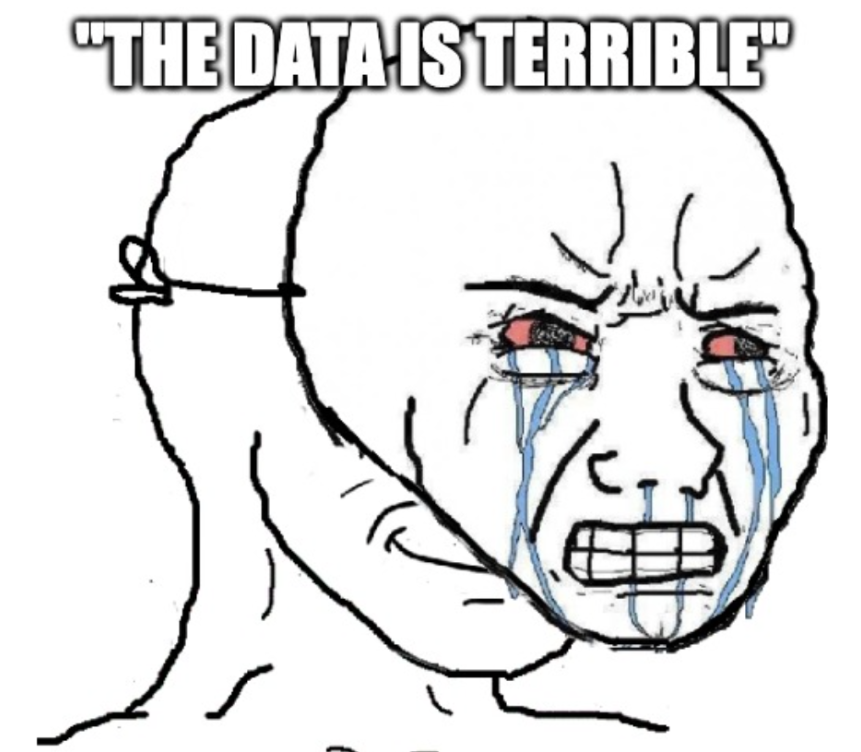




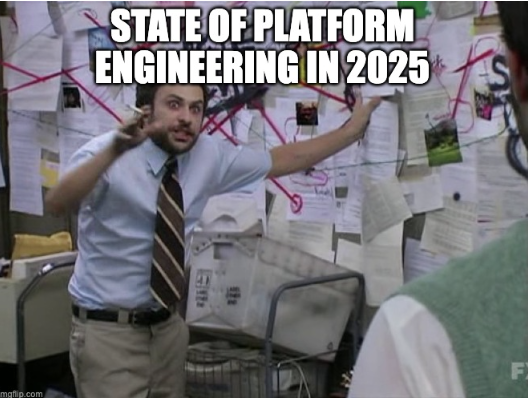
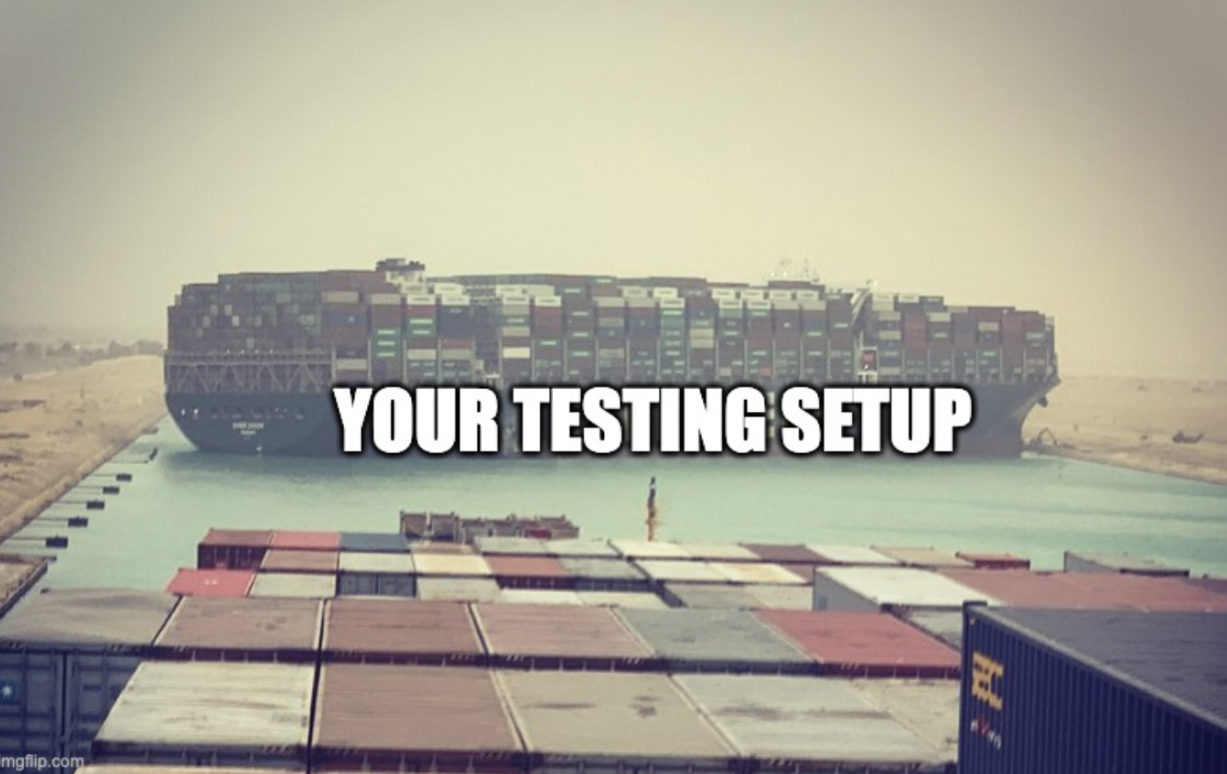



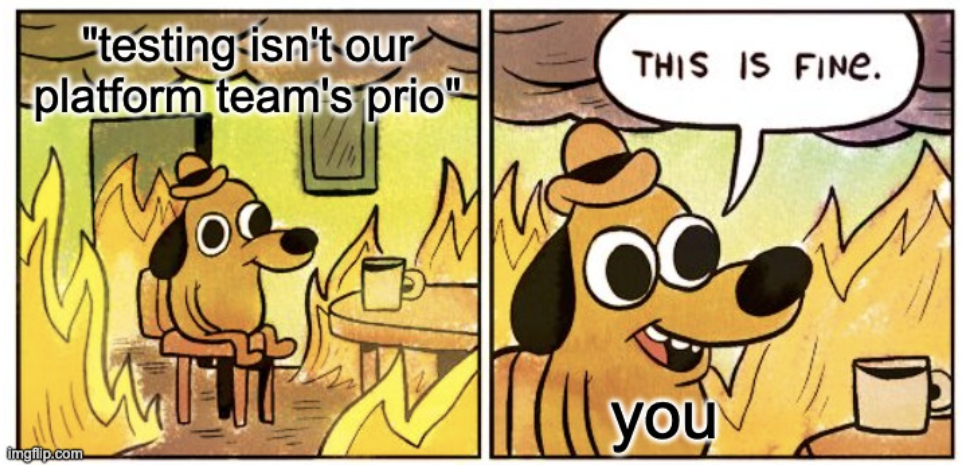
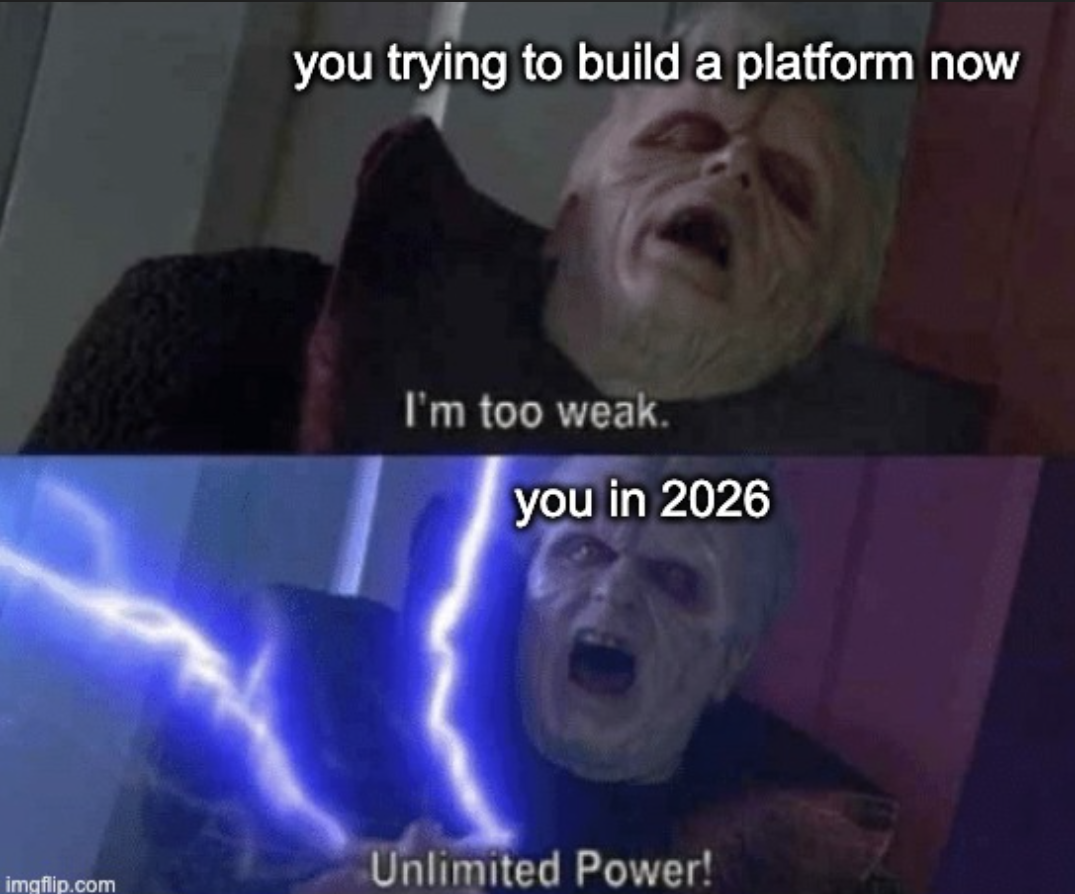
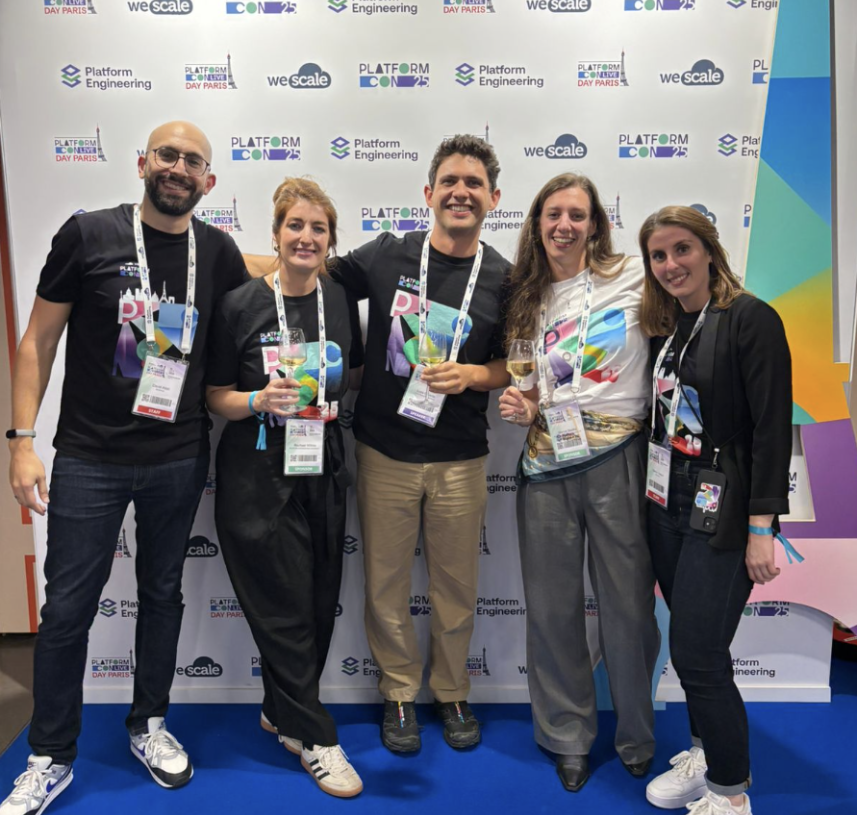



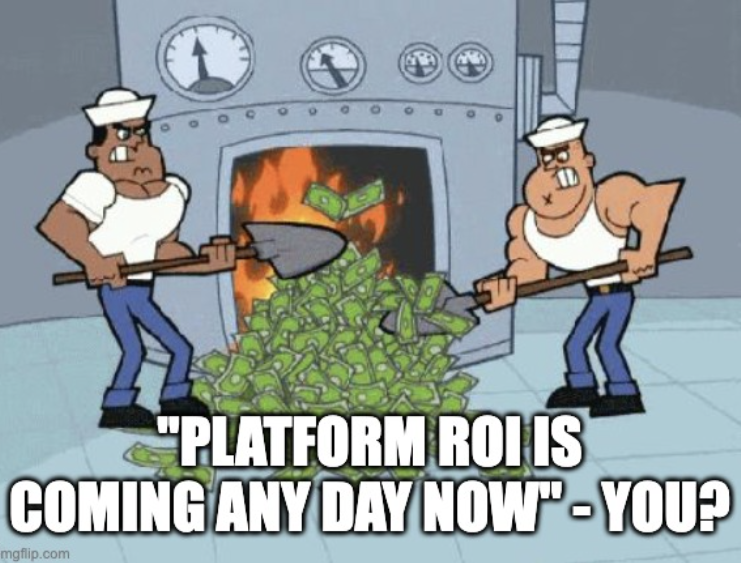

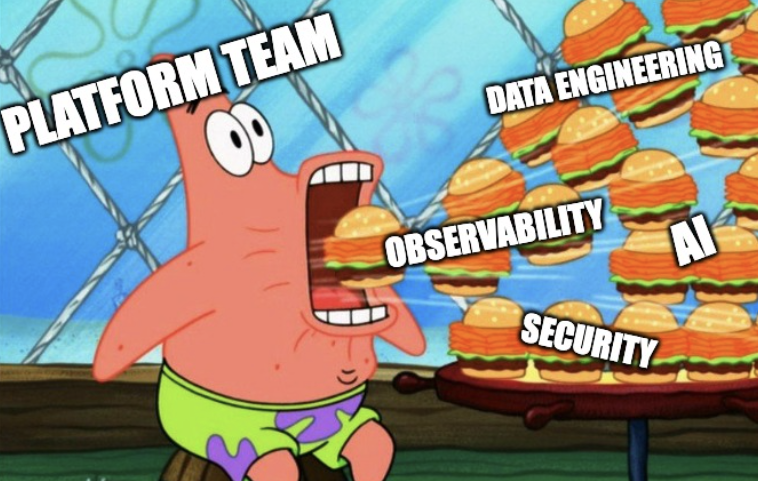
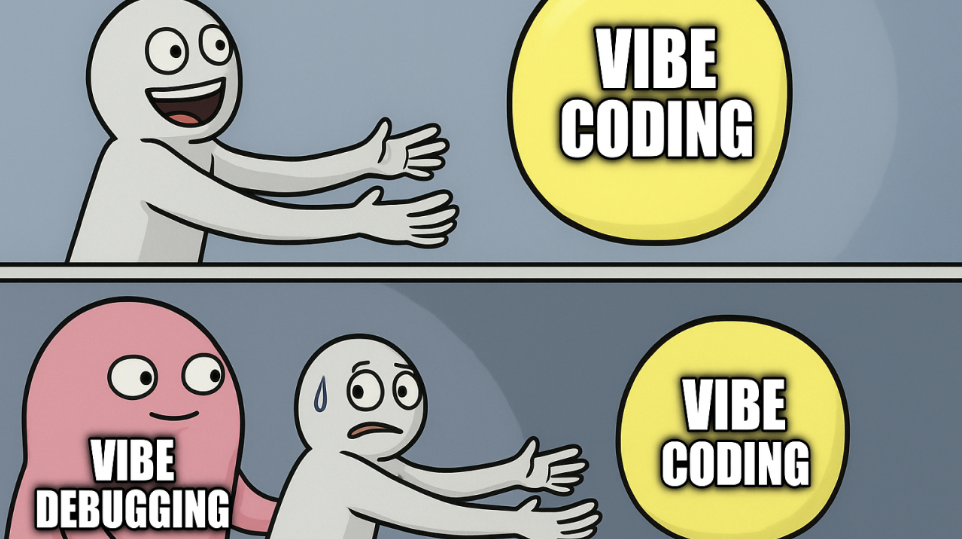


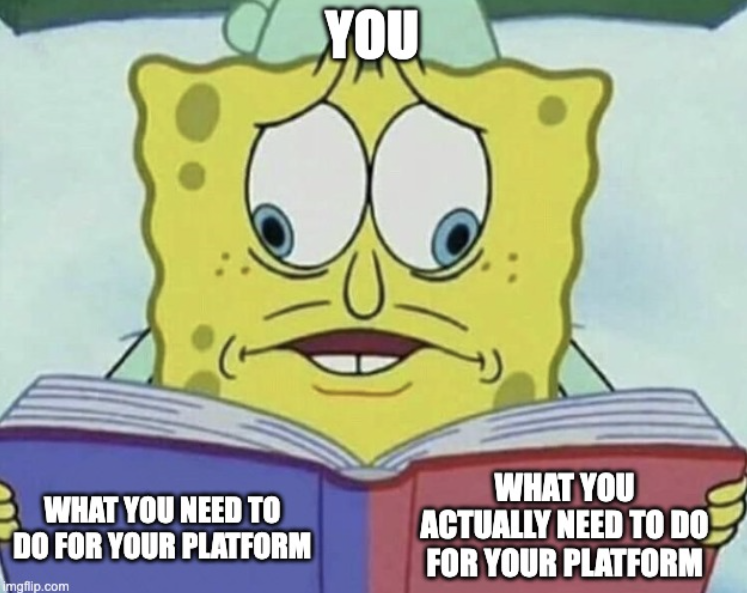
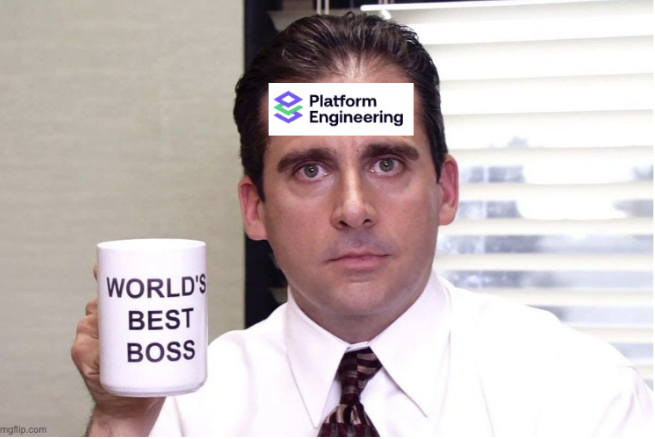
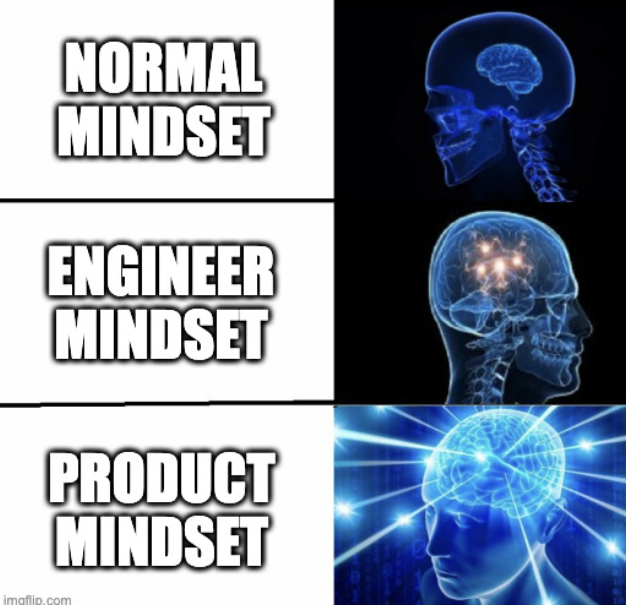

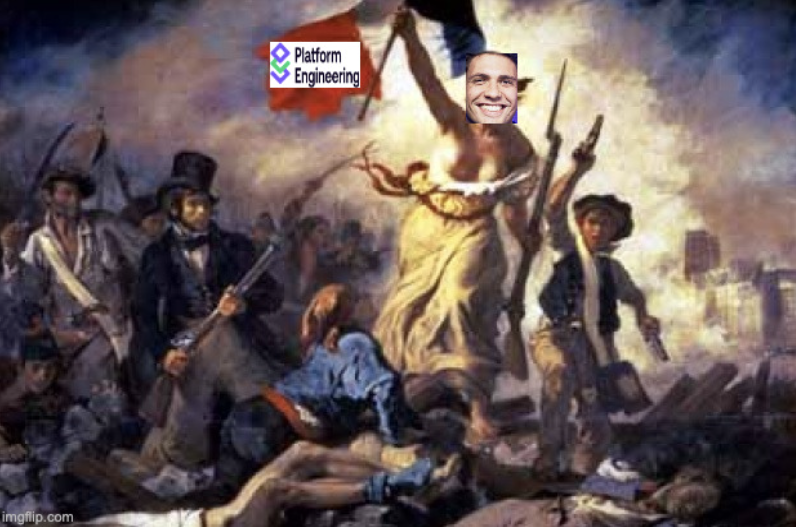

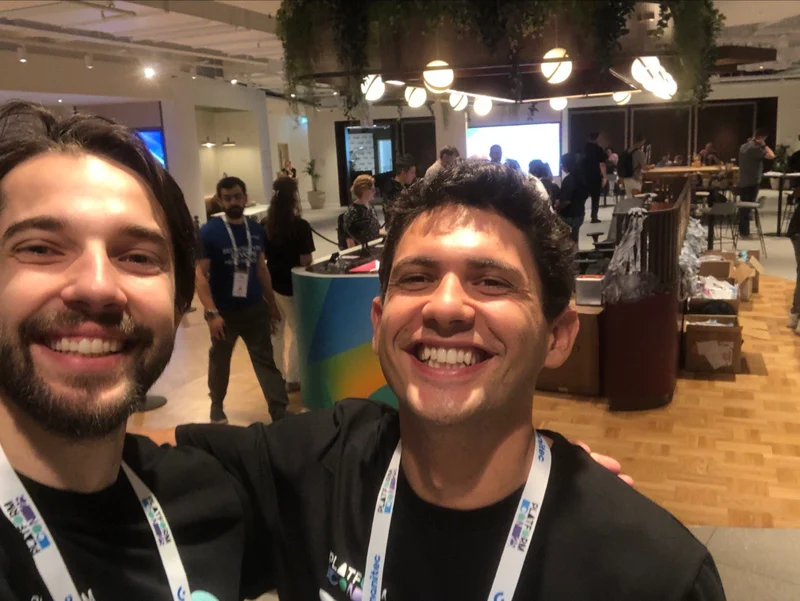

.webp)
.webp)




.webp)
.webp)


.webp)
.webp)
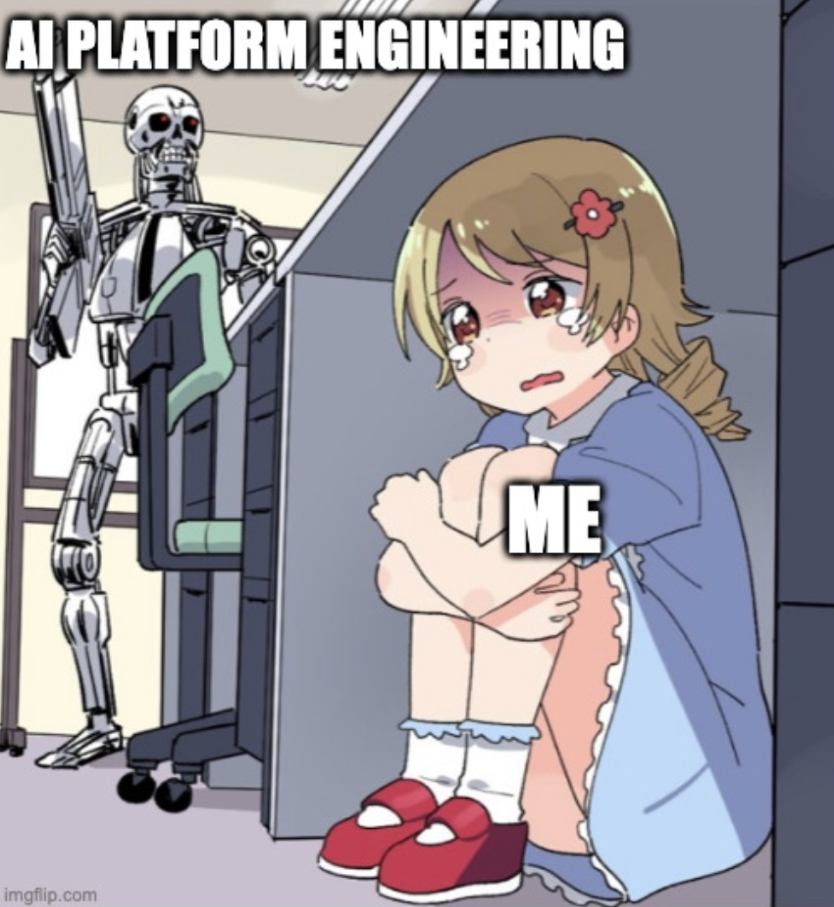
.webp)


-1.webp)













.jpg)
.jpg)
.jpg)
.jpg)
.png)
.jpg)
.png)
.jpg)
.jpg)
.jpg)


.jpg)
.jpg)
.jpg)
.jpg)
.jpg)
.png)
.jpg)
.jpg)
.jpg)
.jpg)
.jpg)
.jpg)
.png)
.jpg)
.jpg)
.jpg)
.jpg)
.jpg)
.jpg)







